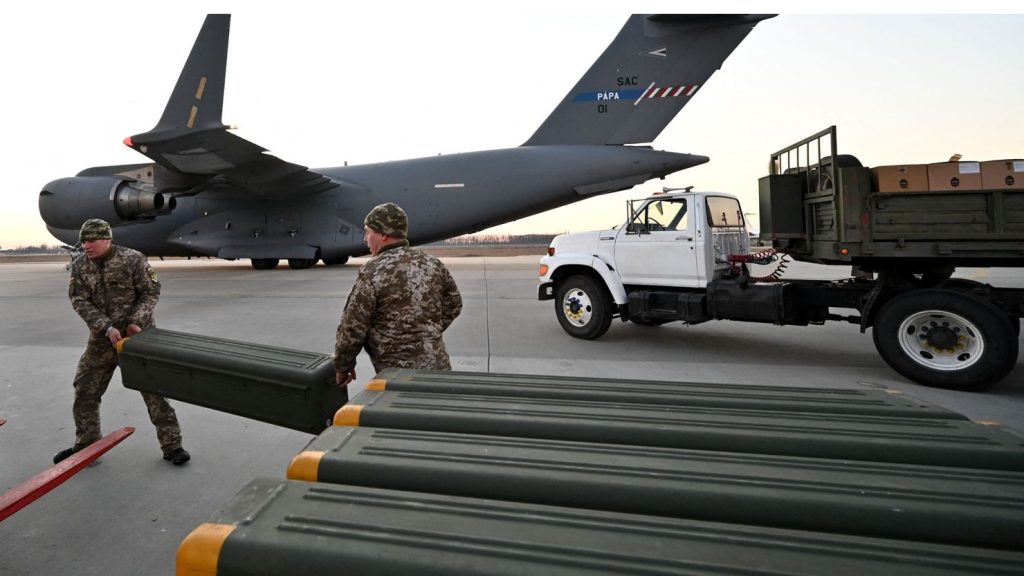News
Goalkeeper who rejected Man United transfer in 1999, thinking world would end in 2000

Carlos Roa, once considered one of the top goalkeepers in the world and Argentina’s number one, made a shocking decision that would change the course of his career.
In the summer transfer window of 1999, legendary United manager, Sir Alex Ferguson, wanted to sign him as a replacement for Peter Schmeichel, but Roa turned down the offer to join Manchester United.
Roa’s club, Mallorca, was about to play the Champions League qualifiers for the 1999-2000 season, but he suddenly left camp without permission.
No one could find him, and rumours swirled.
The truth was astonishing: Roa had joined a group that believed the world would end in the year 2000, a phenomenon known as the Y2K Scare or Millennium Bug.
Convinced that the apocalypse was near, he took his family to a remote village in the Argentine mountains to wait out the impending doom.
However, when January 1, 2000, came and went without the world ending, Roa realized his mistake.
He decided to return to football, but the damage was done. He had lost his place on the team, and his form had dropped drastically.
Despite attempting to revive his career, Roa was forced to retire in 2003, a shadow of his former self.
The 2000 Scare
The phenomenon of predicting the world’s end in the year 2000, also known as the “Y2K scare” or “Millennium Bug,” was a widespread concern that captivated global attention.
As the clock struck midnight on December 31, 1999, many feared that computer systems and technology would fail or crash due to a perceived inability to process the year 2000 and beyond.
This anxiety stemmed from the fact that many computer systems and software had been designed to store years using only two digits (i.e., “99” for 1999), rather than four, leading to concerns about widespread disruptions in critical infrastructure, including power grids, financial systems, and transportation.
The predicted chaos was fueled by various sources, including media outlets, self-proclaimed experts, and some religious groups.
Some predicted catastrophic failures of life-sustaining systems, food shortages, and even the collapse of society.
Governments and organizations worldwide invested significant resources to address potential issues, with estimates suggesting that over $300 billion was spent globally on Y2K-related preparations.
In response, many countries established special task forces and contingency plans to mitigate potential disruptions.
However, as the clock struck midnight on January 1, 2000, the feared catastrophes failed to materialize.
Only a few minor glitches were reported, and most countries experienced no significant disruptions.
The overhyping of the Y2K scare led to widespread criticism and ridicule, with many labeling it a classic case of mass hysteria.
For Diaspora Digital Media Updates click on Whatsapp, or Telegram. For eyewitness accounts/ reports/ articles, write to: citizenreports@diasporadigitalmedia.com. Follow us on X (Fomerly Twitter) or Facebook












